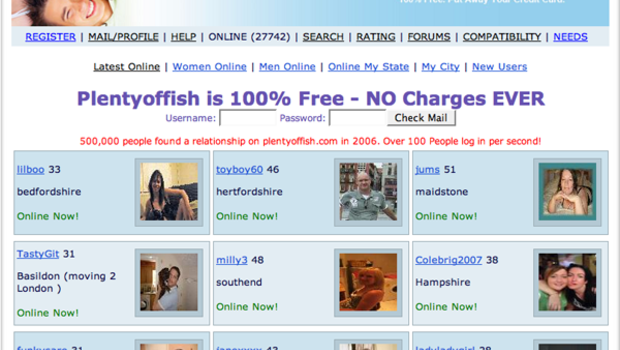 Try reverse searching their images using Google or other tools. Trust your gut, and don’t get too romance-happy until meeting in-person. Never send money to people you haven’t met in person. Never reveal information susceptible to identity-theft such as banking information, or common security questions like maiden names, childhood pets, or where you were born. Keep conversations inside online apps until meeting in-person to prevent disclosing more personal info.
Try reverse searching their images using Google or other tools. Trust your gut, and don’t get too romance-happy until meeting in-person. Never send money to people you haven’t met in person. Never reveal information susceptible to identity-theft such as banking information, or common security questions like maiden names, childhood pets, or where you were born. Keep conversations inside online apps until meeting in-person to prevent disclosing more personal info. Whether you’ve already spotted a catfish, or you’re still trying to figure out if someone you met online can be trusted, here are some helpful tips to avoid getting burned.
 They claim to be from another country, promise to visit, but always have something come up to keep you from actually meeting them. They seem evasive or avoid giving details about life, family, etc. They appear to be unbelievably attractive, single, rich, or “have a great job.”.
They claim to be from another country, promise to visit, but always have something come up to keep you from actually meeting them. They seem evasive or avoid giving details about life, family, etc. They appear to be unbelievably attractive, single, rich, or “have a great job.”. 
“ A good rule of thumb is that if it seems too good to be true, it is,” says Heinrich Long, a Privacy Expert at Restore Privacy.Įxperts warn to be wary of the following catfishing characteristics:





